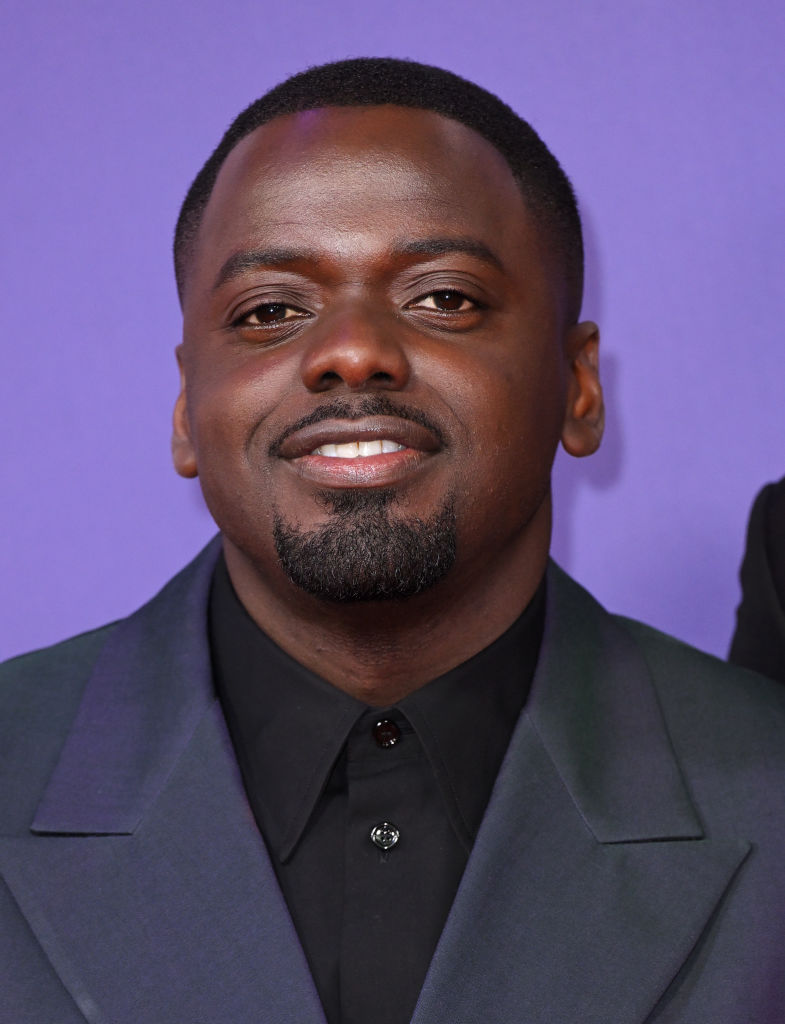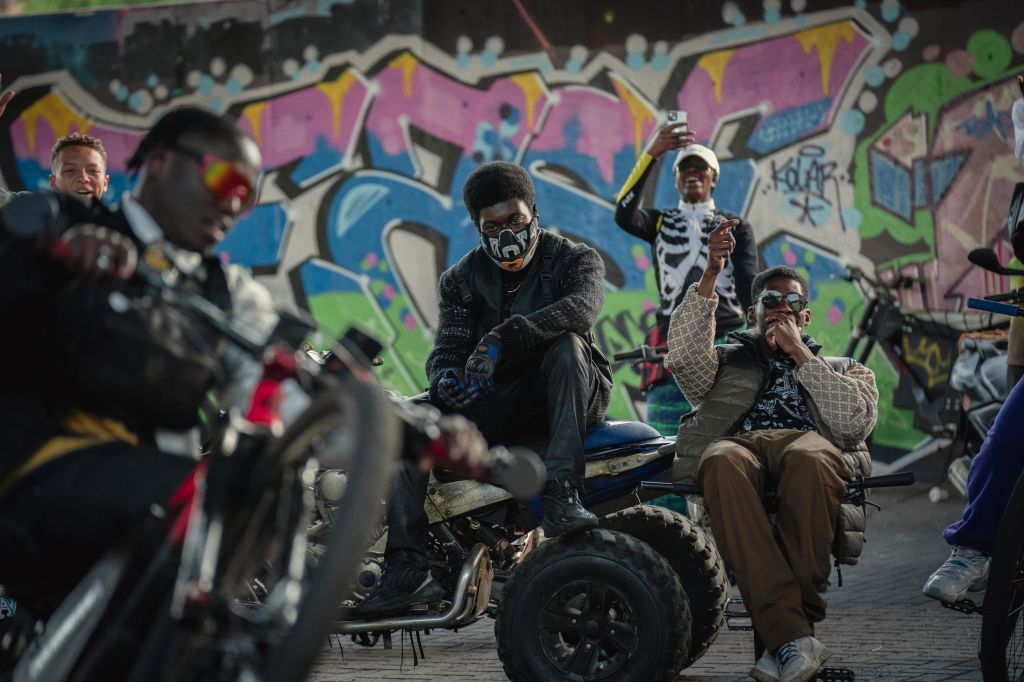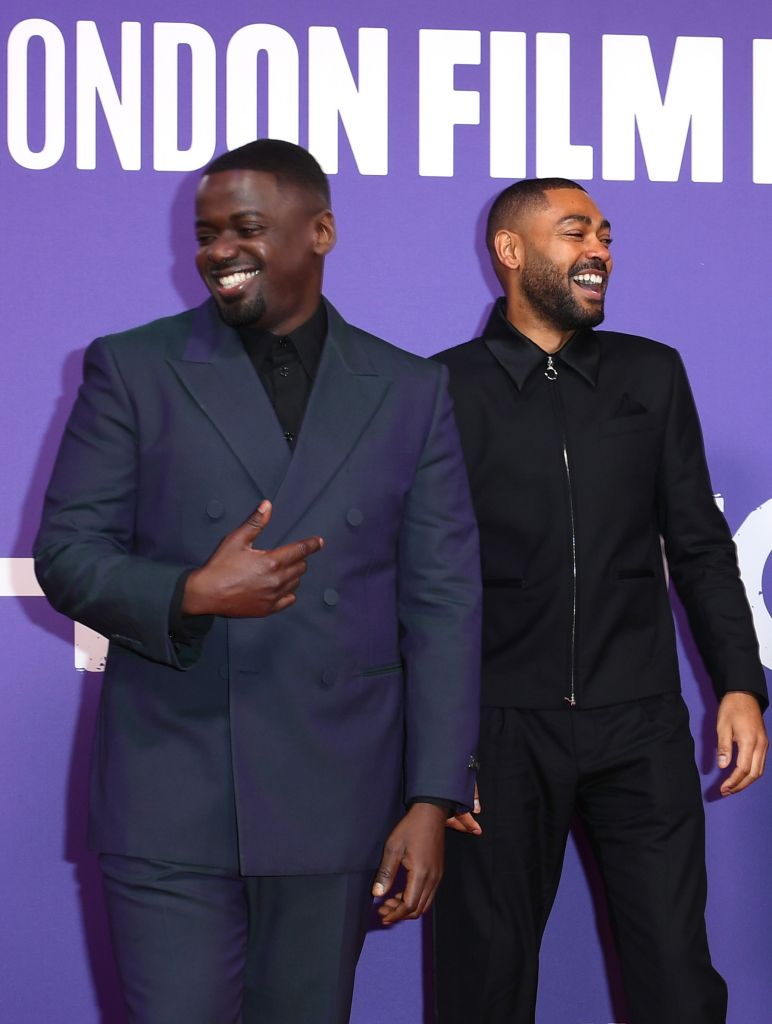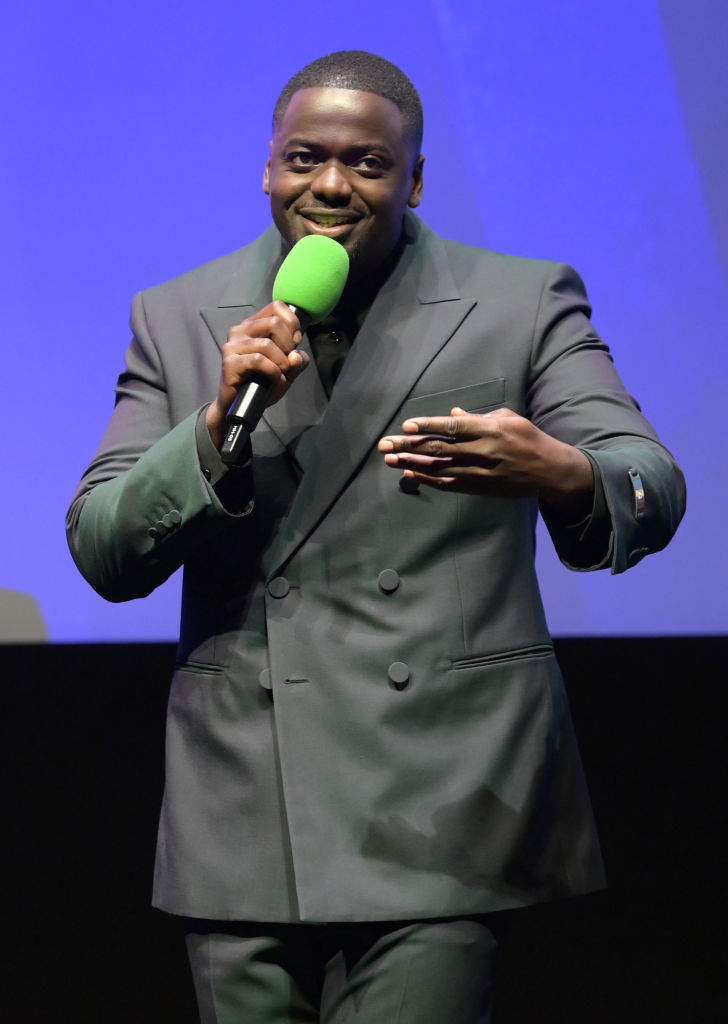From The Streets to The Screen: Daniel Kaluuya’s Directorial Debut ‘The Kitchen’ Powerfully Chronicles Black Britain’s Realities

Source: Karwai Tang / Getty
In a momentous step into the directorial realm, Academy Award-winning actor Daniel Kaluuya, alongside co-director Kibwe Tavares, unveils a groundbreaking work of art – “The Kitchen.” Not merely a film, but an exploration of the complex layers within a dystopian London, the innovative film promises to redefine British cinema. Scheduled to drop on Netflix today the movie transcends genre boundaries, offering a narrative that challenges societal norms.
Kaluuya, in a conversation with radio/TV personality Jazmyn Summers provides a glimpse into the creative process, emphasizing the duo’s vision to blend imaginative storytelling with the familiar landscapes of London. The goal is clear – to weave a universally resonant narrative within the fabric of a future world that is both recognizable and distinct.

Source: Netflix / Netflix
Set in a London where social housing has vanished, leaving only The Kitchen – a resilient community standing firm against forced relocation and enduring relentless police raids – the film paints a vivid picture of stark societal disparities. Hope Ikpoku Jnr, portraying Staples, leads a group of bike-riding individuals reminiscent of contemporary smash-and-grabbers, stealing food supplies and delivering them back to the community.
“We wanted to use our imaginations but ground it in the London that we know to tell a very universal story and create a future world that is both familiar and different,” shares Kaluuya, emphasizing the aim to challenge stereotypes and delve into the human complexities at play.
“We have Staples, the leader of the crew having a just reason for doing what he does. He was doing basically the right thing in the wrong way. What we needed to show was the depth and how it was grounded in reason. His actions aren’t senseless,” explains Kaluuya, underlining the depth of the characters and their motivations.
Within the confines of The Kitchen, the narrative unfolds to introduce Izi, portrayed by British rapper Kano (Kane Robinson), and the 12-year-old Benji, played by the charismatic newcomer Jedaiah Bannerman. Kano reflects on Izi’s transformative journey, detailing the character’s evolution from self-centeredness to a profound personal metamorphosis.
“The journey that Izi goes on challenged me. He starts off as this guy that’s just looks out for himself and really doesn’t care about anyone else in the community. When he takes a shower, he uses up all the water. He can’t wait to get out of this place, even meeting Benji his guard is up. He probably knows what the right thing is to do but just can’t do it. But slowly, slowly, like just peeling layers off he eventually opens up and completely transforms,” shares Kano, providing a glimpse into the intricacies of his character.
Kaluuya, in unveiling the young talent Bannerman, discloses, “His aunt told him to audition. He’s got such charisma, such joy, such life but he also has emotional depth, like a deep, deep soul to him.” Bannerman’s portrayal of Benji adds a layer of authenticity to the film, capturing the essence of the character’s emotional depth.

Source: Joe Maher / Getty
Beyond the fictional narrative, “The Kitchen” draws inspiration from the personal realities of Kaluuya and Kano. Kaluuya, shaped by his upbringing in the projects and a distant relationship with his father until the age of 15, infuses the film with authenticity, tackling themes of police brutality and absent fathers.
“Growing up in the area that I grew up in, seeing kids being stopped and searched by the police, seeing people being beat up, everyone had a story. We really focus on the police’s face by the end of the film, tracking the randomness of attacks, the unexplainable nature of it, and making sure it reflected how it felt, not just intellectualizing it because intellectualizing doesn’t make it stop,” Kaluuya passionately shares, shedding light on the real-world inspirations behind the film.
The film, more than a sci-fi tale set in the future, transcends genre boundaries to become a poignant exploration of societal divides, love in adversity, oppression, and the struggle for identity. With its release on January 19, “The Kitchen” promises viewers not just a narrative, but a profound cinematic experience that challenges perceptions and contributes to an ongoing dialogue about the complexities of the human experience.
Both Kaluuya and Kano see themselves as representatives of the diaspora, using their work to bridge cultural gaps and share stories that resonate globally. They discuss the emerging trend of British Black actors, directors, and writers bringing the reality of Black Britain to diverse audiences.
“We are representatives of the whole diaspora. I work a lot in America, a lot of my people are there, so it’s always that thing where we connect the dots and show we are akin,” emphasizes Kaluuya, highlighting the importance of their roles in connecting cultures.

Source: Eamonn M. McCormack / Getty
“The Kitchen” is poised to leave an indelible mark on British cinema, ushering in a new era of storytelling that pushes the boundaries of imagination and social commentary. As a tale that speaks to the realities of the present while exploring a futuristic world, it promises to be a timeless contribution to the cinematic landscape. With its gripping narrative and a cast that breathes life into multifaceted characters, “The Kitchen” stands as a testament to the power of storytelling in challenging societal norms and fostering understanding across diverse audiences.
You can catch the full conversation below:

Source: Jazmyn Summers / Jazmyn Summers
Article and interview by Jazmyn Summers. Please don’t forget to subscribe to her YouTube. Follow her @jaztalk1 on Instagram and Facebook.
The post From The Streets to The Screen: Daniel Kaluuya’s Directorial Debut ‘The Kitchen’ Powerfully Chronicles Black Britain’s Realities appeared first on Black America Web.


